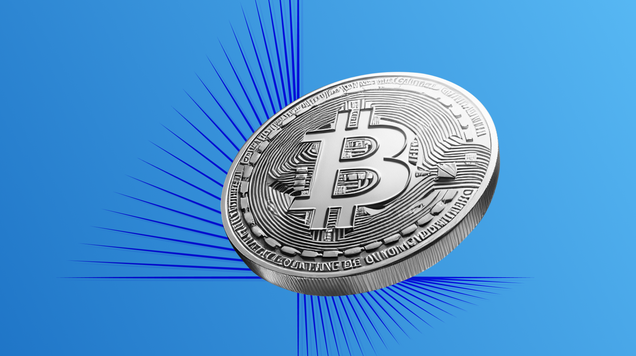Senate prepares for landmark vote on stablecoin regulation amid tech-driven digital dollar push
With Big Tech embracing stablecoins and bipartisan momentum growing, the GENIUS Act could reshape the U.S. digital financial future — if it clears Wednesday’s historic Senate vote.

The GENIUS Act seeks to establish strict backing and audit standards for stablecoins, with major implications for U.S. monetary policy and global financial influence.
Tech giants like Apple, Google, and Uber are exploring stablecoin integration, highlighting a broader shift toward programmable money.
The bill has gained rare bipartisan support, advancing 66–32 in a key procedural vote last month.
Success hinges on implementation — balancing innovation and regulation in the $250 billion stablecoin market.
A digital milestone in the making
The U.S. Senate is on the verge of a historic decision that could redefine the nation’s role in the global digital economy. Wednesday’s vote on the GENIUS Act — formally the Guiding and Establishing National Innovation for U.S. Stablecoins Act — is more than a regulatory milestone. It marks a shift in how America perceives money in the age of programmable finance. Stablecoins, once a niche innovation, have quietly evolved into critical financial infrastructure. With over $1.42 trillion in Ethereum-based stablecoin transactions recorded in May alone, and Circle’s USDC responsible for nearly $589 billion of that volume, these digital assets are no longer experimental. They are the pipes through which value flows in the crypto economy — and now, possibly, in mainstream commerce too.
Regulation meets momentum
At the heart of the GENIUS Act is a framework designed to safeguard users and ensure systemic integrity. Stablecoins would need full backing by U.S. dollars or equivalent liquid assets, annual audits, and strict compliance standards — especially for issuers with market caps over $50 billion. For foreign issuers, the bill requires technological mechanisms that ensure U.S. jurisdiction over seizure and sanctions — effectively extending American financial oversight across borders. This legislative clarity comes as Silicon Valley embraces the very infrastructure Washington is poised to regulate. Apple, Google, Airbnb, Meta, and Elon Musk’s X are all reportedly exploring stablecoin use cases — from reducing payment friction to building super apps with integrated digital wallets. These moves suggest a growing consensus: stablecoins aren’t just financial instruments; they are infrastructure for the next digital economy.
From gridlock to consensus
What makes the GENIUS Act especially noteworthy is its political trajectory. After narrowly failing in May, the bill unexpectedly gained traction, clearing a 66–32 procedural vote with backing from 16 Democrats. That rare moment of bipartisanship points to a broader recognition that digital asset regulation is no longer a partisan experiment — it’s a necessity. The bill’s advancement through the Senate Banking Committee with support from both parties further confirms its seriousness. The open amendment process signals a shift away from rushed regulation toward thoughtful policymaking — the kind that markets have long demanded.
Eyes on the finish line — and beyond
Stablecoin adoption is surging alongside the broader crypto market’s rally in 2025. Bitcoin's rise to fresh highs and investor enthusiasm for Circle’s IPO — which surged 300% above listing — reinforce the view that regulated stablecoins are foundational to future growth. Wednesday’s vote could clear the way for final Senate passage, with the House expected to be a tougher arena due to competing proposals. But even with potential legislative hurdles, the momentum is clear: the U.S. is preparing to embrace stablecoins as a strategic asset class, not just a regulatory liability. The real challenge will come after the vote — translating legislative language into practical oversight that protects users without stifling innovation. If successful, the GENIUS Act could set a global benchmark for digital currency policy — one that ensures both trust and dynamism in the world’s largest economy.


